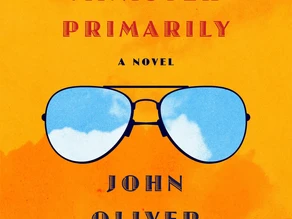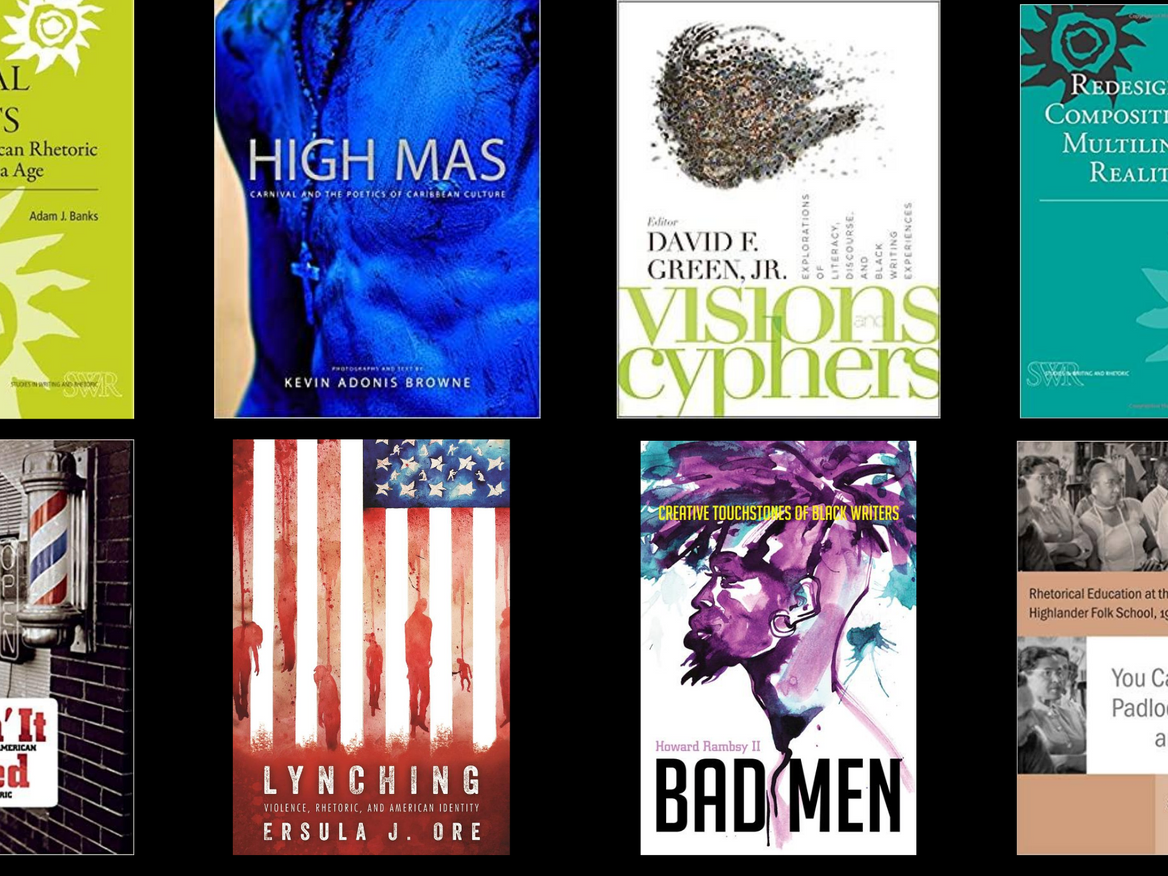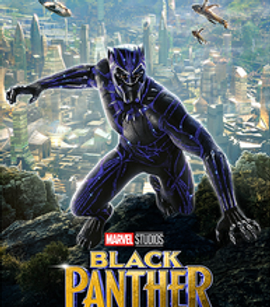Next month, Amistad, an imprint of HarperCollins, will release The Minister Primarily, a novel by John Oliver Killens. The manuscript remained unpublished when Killens died in 1987. Ishmael Reed has written a knowledgeable and spirited introduction. Of course, I’m eager to read the book. I’m also reviewing comments I made when I read the manuscript more than a decade ago. I suspect the novel will hold up better than my comments, which are included in my biography of Killens published by the University of Georgia Press, but here goes.
The 450-page manuscript of “The Minister Primarily,” now set in the 1980s after various false starts since the 1960s, traces the personal and political intrigue that follows the discovery of inexhaustible beds of cobanium (a radioactive metallic element more powerful and effective than uranium) in the Independent People’s Democratic Republic of Guanaya, Africa’s newest independent nation. The find makes Guanaya the richest African nation, and its leaders must decide the most advantageous way to extract the wealth from the land and to ensure that the resource is used more for social advancement than for increasing weapons capability. Guanaya’s problems interest the Soviet Union and the United States, both of which envision offering technical assistance and financial inducements to gain control over Guanayan cobanium. The United States makes the first pitch. But as the Guanayan delegation headed by Prime Minister Jaja Okwu Olivamaki (a surname that combines the names of Oliver Reginald Tambo and Vusumzi Make) prepares for its U.S. visit, it learns that an uprising is under way in Guanaya. Rather than postpone the trip and the crucial negotiations, the leaders decide to send an Olivamaki look-alike, folk singer James Jay Leander Johnson, who is working in Guanaya at the Club Lido (the name of the club that Killens visited while in Nigeria in 1961), to impersonate the prime minister abroad. As Olivamaki reasons, “If we do postpone the trip, the world will know we’re having difficulties and will think we are unstable. Great nations do not lend their money or technicians on this basis. And furthermore it will encourage outside interference in our affairs.” Thus, Jimmy Jay and his “cabinet” are off on a comedic, raucous, somewhat farcical, and occasionally dangerous romp through Washington D.C., New York City, and Jimmy Jay’s hometown, Lolliloppi, Mississippi. Johnson “made his pilgrimage to the Motherland to find himself, and now he found himself on his way back to the U.S.A. as somebody else.”
Much of the action is lively and indeed funny, as Killens puts to good use the voice he honed in The Cotillion. In fact, with judicious editing, “The Minister Primarily” would be the better novel. Its plot is more compelling, and its scope is greater, subsuming the identity and cultural nationalist concerns of the earlier novel under a more encompassing Pan-Africanist, anticolonialist, socialist framework. On one level, the manuscript is a summary—even a collage at some points—of Killens’s cultural and political journey. The deeper or continued exploration of certain social situations, political scenarios, and personalities such as Harry Belafonte is a plus. Having appeared in two previous Killens novels, Belafonte has become a serial character, a sort of Falstaff. But the mere repetition that often occurs in the story is a drawback. A section of the opening scene in ‘Sippi, for example, appears almost verbatim in “The Minister Primarily,” as do passages from “The Half Ain’t Never Been Told” (although they might have been written first for the novel). A looser association exists between the author’s accounts of his 1961 trips to Africa and his descriptions in the novel, but the treatment in the story is far from fresh. Moreover, Killens is a character once again, appearing at a rally in one scene and described on another occasion as “an obscure novelist.” Though this instance is amusing, as is his inclusion on Lumumba’s bookshelf in The Cotillion, the technique becomes overbearing when Jimmy Jay berates Hollywood moguls for not turning Youngblood and And Then We Heard the Thunder into movies. Stale also are some of the sex scenes: the white vixen-black buck combination seems passé. At best, such scenes raise the question of how Killens could have been so critical of Melvin Van Peebles.
The writing is overdrawn and a bit suffocating, but Killens’s trademark use of humor bursts through. In one scene, the Minister Primarily fields questions from reporters:
“What do you think of the Cold War climate, Mr. Prime Minister?”
“Too much weather,” the P.M. cagily answered, even though he was distracted.
“How does it feel to be in the Free World, Mr. Prime Minister?”
“Oh, it’s very nice indeed, and I bring you greetings from it. You should visit us
sometimes.”
The dialogue flows smoothly when the Minister Primarily befriends a drunken black man along a parade route and calls him comrade. A government security agent responds, “I don’t know about all this comrade business. Sounds too much like communism.” The Minister Primarily replies, “That’s the trouble with you democratic capitalists. Everything halfway decent and humanistic, you attribute to communism. You sure give them a lot of credit. It’s a wonder that more Black people don’t join the Communist Party.”
Prior to landing in Africa, Jimmy Jay spends time in London, where he makes the political scene, on one occasion heckling a representative of the Workers Workless Party who has lambasted the Labor Party for selling out the working class: “What did your blawsted working class do about colonialism in Africa and Asia? What about the Nigerians? The South Africans? The Chinese? The West Indians? You and your bloody working class—the greatest sell-out artists of them all. You sold out your own damn class of people everywhere on earth. China, India, Africa, the Caribbean.” Jimmy Jay late reveals an even broader perspective when he identifies with the struggles of the Irish and Lebanese.
“The Minister Primarily” is an important and entertaining meditation on the modern global jockeying among nations for influence and power as connected to questions of freedom and peace, movement that speaks to the issue of African America and its relationship to Africa. The novel also addresses in political and personal terms notions of African tradition and African American retention and identity. If the manuscript can be saved from being a greatest hits collection, streamlined overall with some of the name-dropping reduced, it would be Killens’s third-best effort, behind And Then We Heard the Thunder and Youngblood, in that order.





